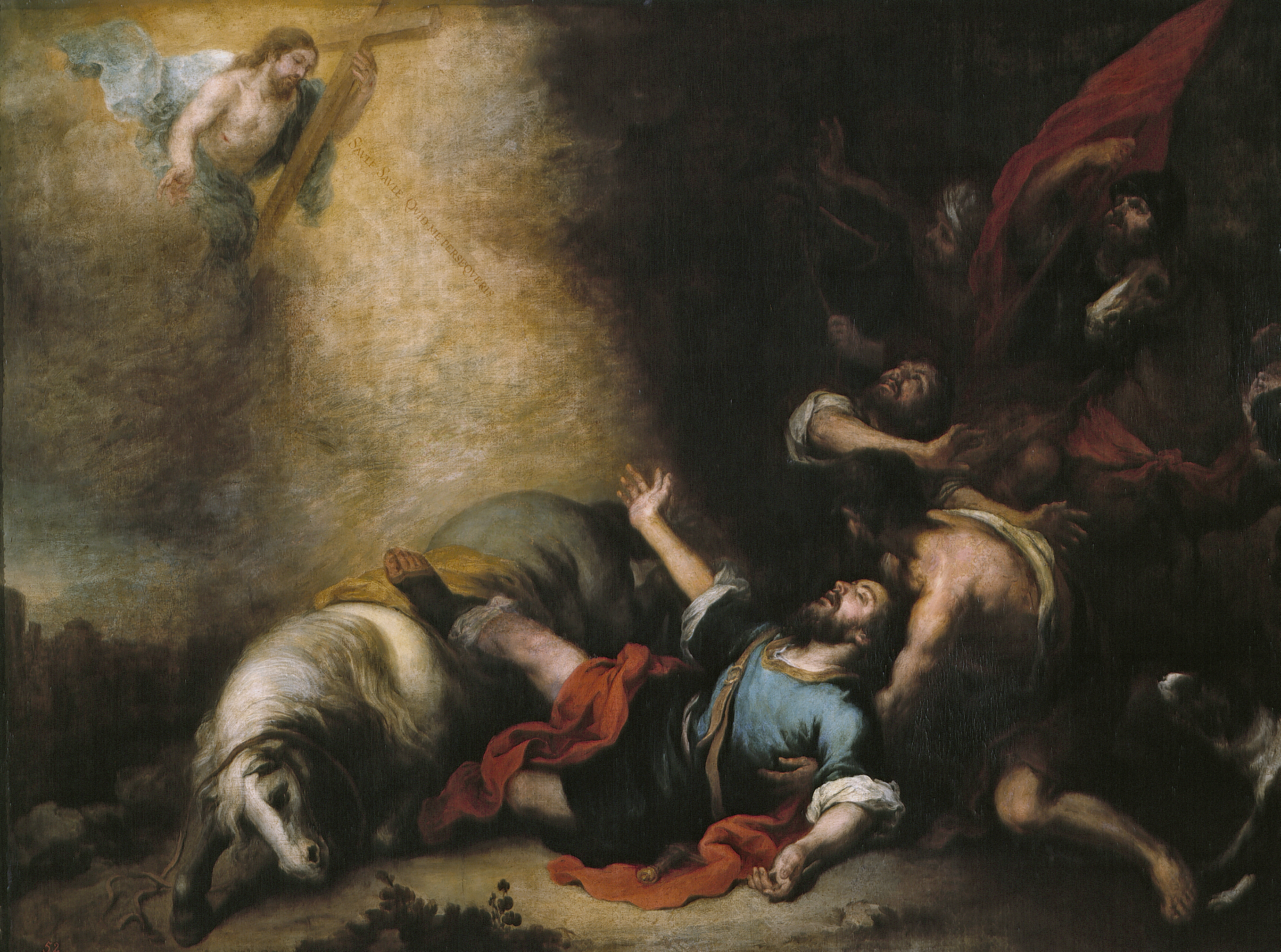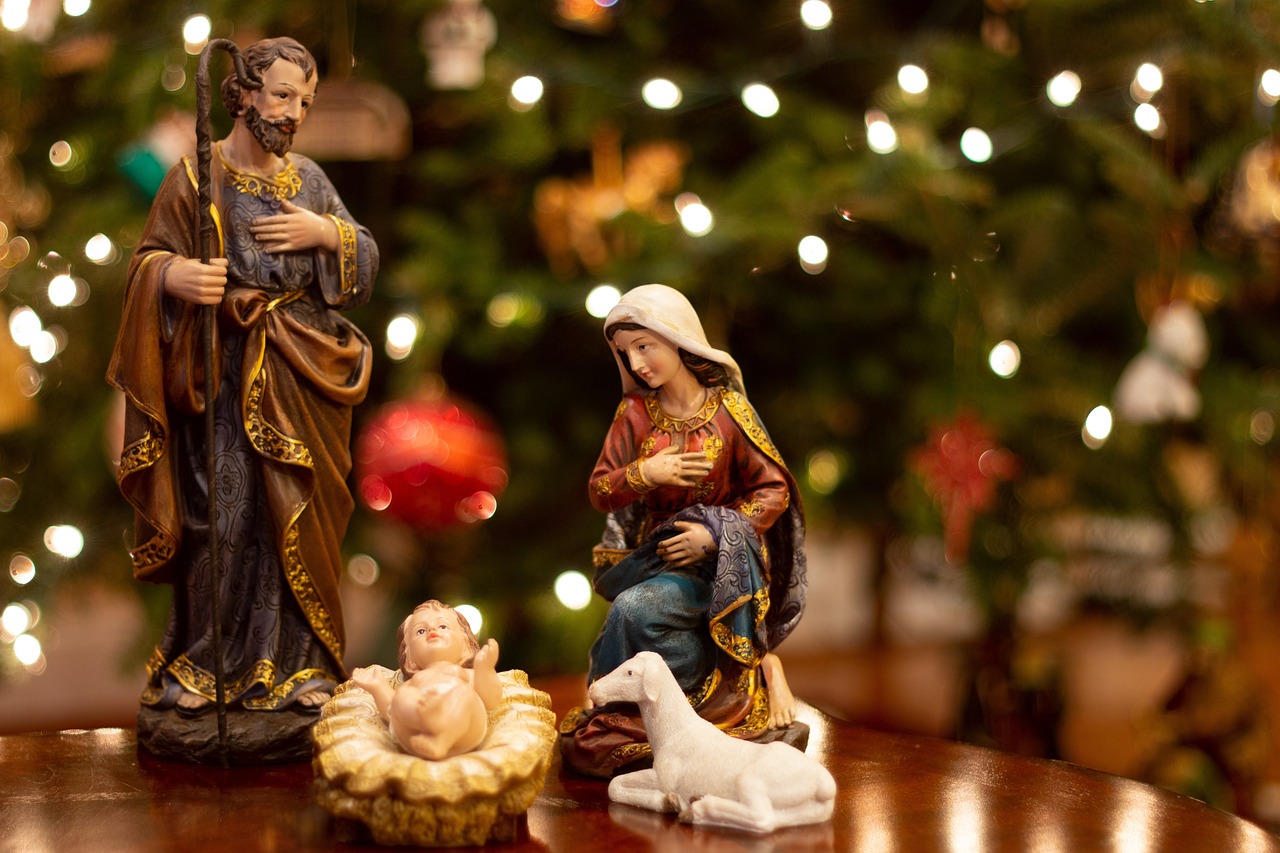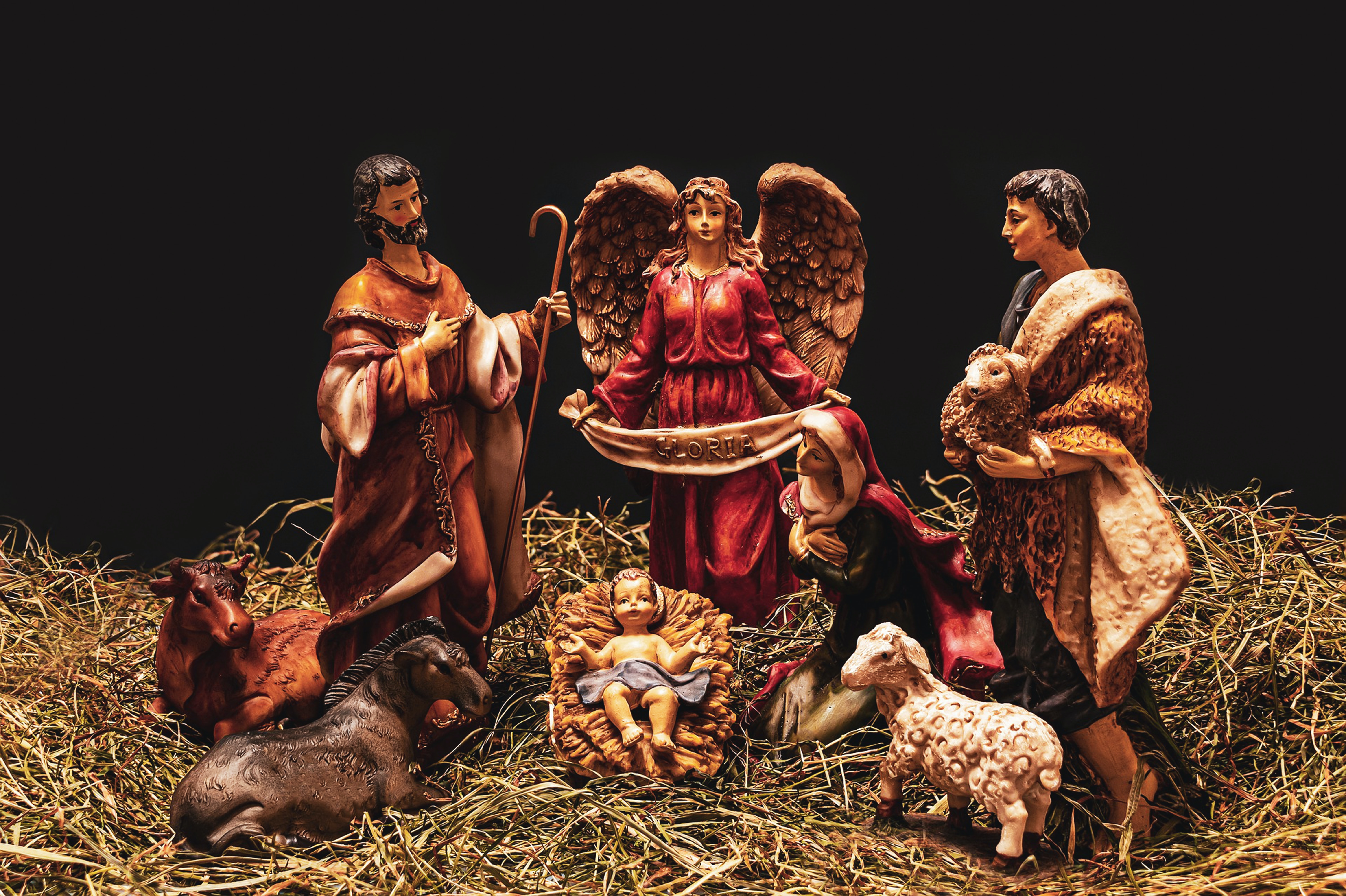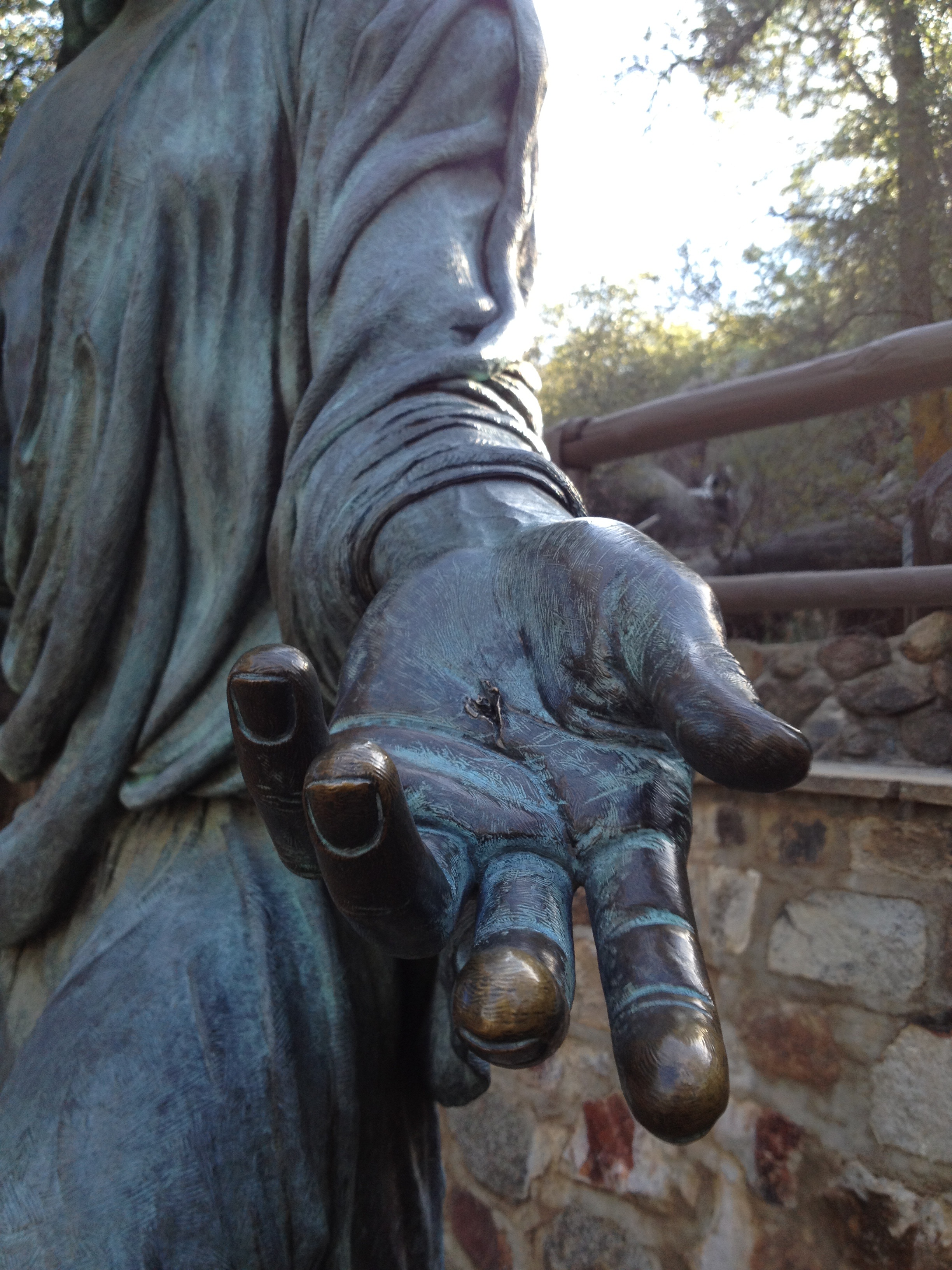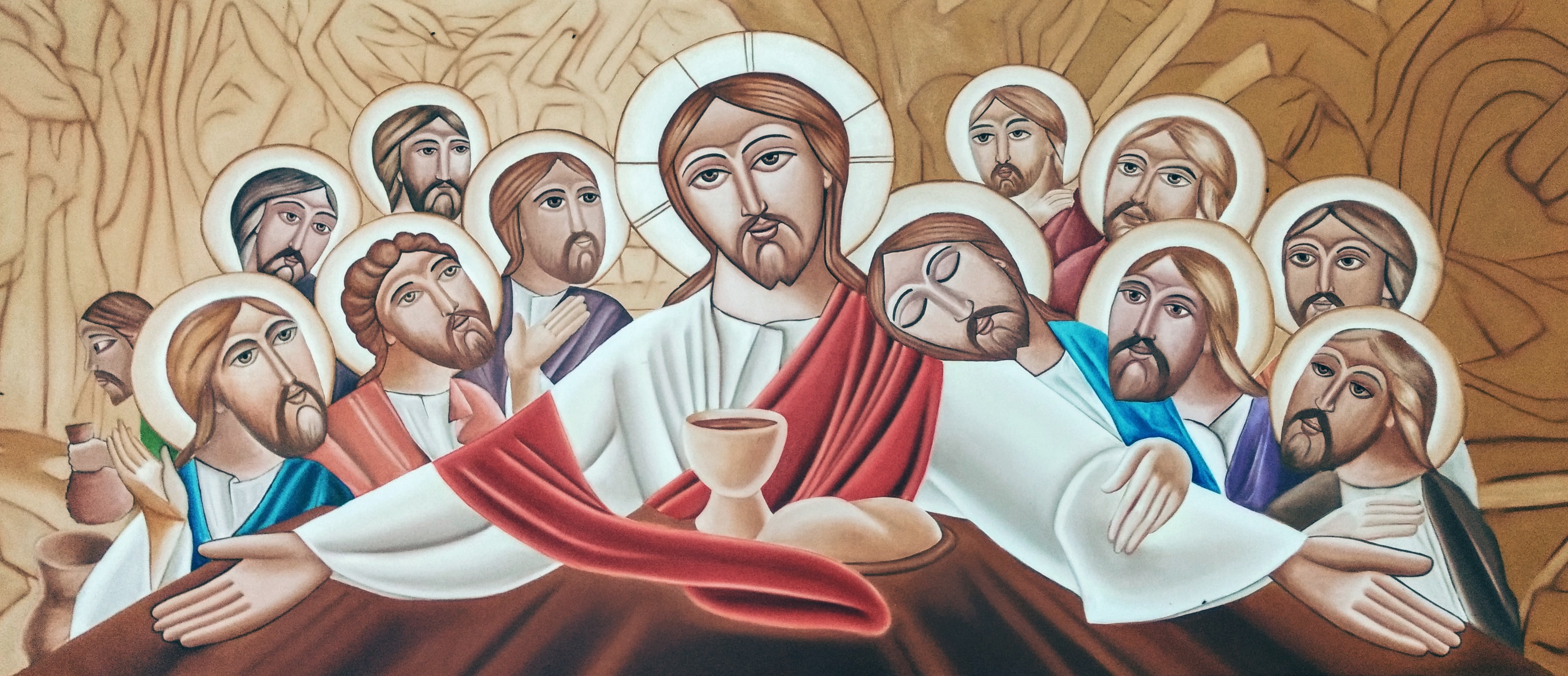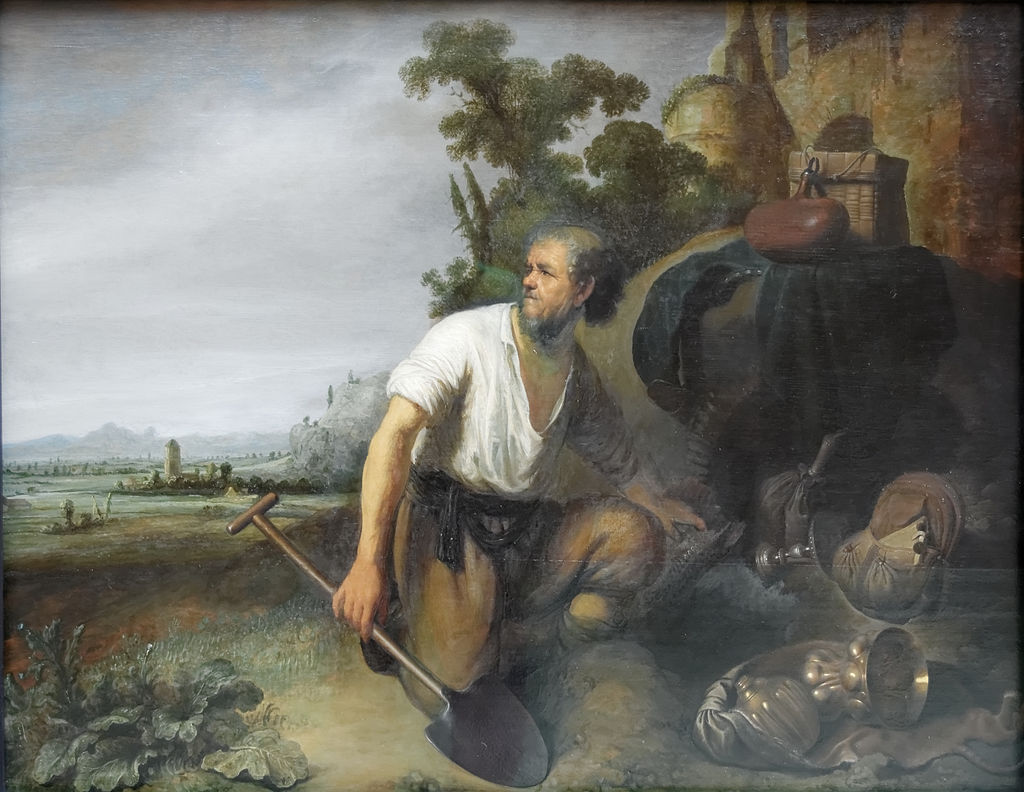I’ll be the first to admit I don’t have a green thumb. My attempts at gardening and planting are very limited. Perhaps for this very reason, I am still in awe when some green thing under my care actually flourishes. A few months ago I rescued two leaves which had been unceremoniously cut off from a plant so that it would have more room to grow. I place them in a small dish of water “just to see what would happen.” Maybe I can grow another plant, I thought. Then I promptly left on retreat for two weeks.
Imagine my excitement upon my return when I noticed that each leaf had the tiniest white roots at their base! Clearly, I couldn’t take the glory for this gardening miracle. I hadn’t even been home. But there it was. The water almost evaporated in the dish that had become their home, and yet these leaves rescued from the garbage two weeks earlier were now beginning to become new plants.
“This is how it is with the Kingdom of God; it is as if a man were to scatter seed on the land and would sleep and rise night and day and the seed would sprout and grow, he knows not how.”
The Kingdom of God begins in the quietest of ways, in a word of encouragement, an offer to pick up something at the grocery store for a housebound neighbor, a prayer for the world as it suffers the disharmony caused by war and falsehood, and a decision to use social media responsibly. We might feel that in the face of the needs of others, our contribution is small. But isn’t that the point? It is not our contribution at all, it is the Kingdom of God. We take the next good step in the important and more insignificant moments of our life, and God is the one who grants growth.
Timothy and Titus were disciples of the great apostle Paul. They learned from him the power of the Word, that it is not our actions and proclamations that make the difference, but the power of God in Christ who does all things. So have great courage that your work in the Lord’s field, whatever it may be, will bear God’s great fruit.
Seré el primero en admitir que no tengo mucho talento para la jardinería. Mis intentos de jardinería y plantación son muy limitados. Quizás por esta misma razón, todavía me siento asombrada cuando algo verde bajo mi cuidado realmente florece. Hace unos meses rescaté dos hojas que habían sido cortadas de una planta para que tuviera más espacio para crecer. Los coloqué en un plato pequeño con agua “sólo para ver qué pasa”. Tal vez pueda cultivar otra planta, pensé. Luego me fui de retiro por dos semanas.
¡Imagina mi emoción a mi regreso cuando noté que cada hoja tenía unas raíces blancas muy pequeñas en su base! Claramente, no podía llevarme la gloria por este milagro de jardinería. Ni siquiera había estado en casa. Pero ahí estaba. El agua estaba casi evaporada en el plato que se había convertido en su hogar y, sin embargo, estas hojas rescatadas de la basura dos semanas antes comenzaban ahora a convertirse en nuevas plantas.
“El Reino de Dios se parece a lo que sucede cuando un hombre siembra la semilla en la tierra: que pasan las noches y los días, y sin que él sepa cómo, la semilla germina y crece.”
El Reino de Dios comienza de la manera más tranquila: con una palabra de aliento, una oferta para comprar algo en el supermercado para un vecino confinado en casa, una oración por el mundo que sufre la falta de armonía causada por la guerra y la falsedad, y una decisión de utilizar las redes sociales de manera responsable. Podríamos sentir que frente a las necesidades de los demás, nuestra contribución es pequeña. ¿Pero no es ese el punto? No es nuestra contribución en absoluto, es el Reino de Dios. El siguiente buen paso lo damos en los momentos importantes y más insignificantes de nuestra vida, y Dios es quien concede el crecimiento.
Timoteo y Tito fueron discípulos del gran apóstol Pablo. Aprendieron de él el poder de la Palabra, que no son nuestras acciones y proclamaciones las que marcan la diferencia, sino el poder de Dios en Cristo que hace todas las cosas. Así que ten mucho ánimo para que tu trabajo en el campo del Señor, cualquiera que sea, dé el gran fruto de Dios.

Sr. Kathryn James Hermes, FSP, is an author and offers online evangelization as well as spiritual formation for people on their journey of spiritual transformation and inner healing. Website: www.touchingthesunrise.com My Books: https://touchingthesunrise.com/books/
Public Facebook Group: https://www.facebook.com/groups/srkathrynhermes/ HeartWork Spiritual Formation Group: https://touchingthesunrise.com/heartwork/
Feature Image Credit: Myriams-Fotos, pixabay.com/photos/seedlings-seed-childrens-hands-3448883/

